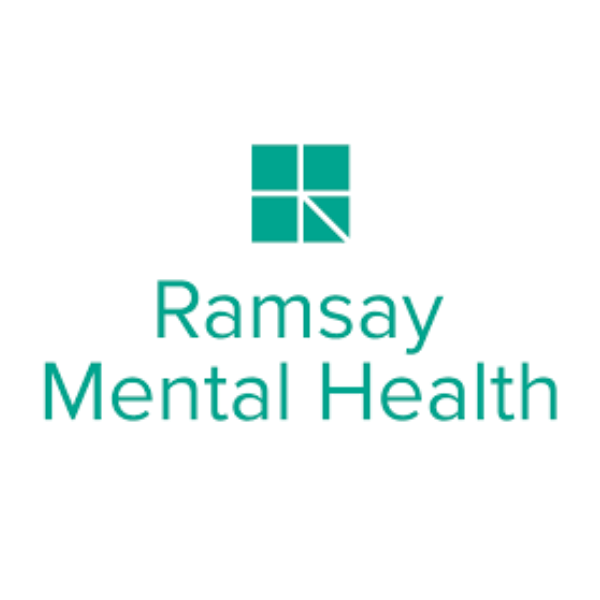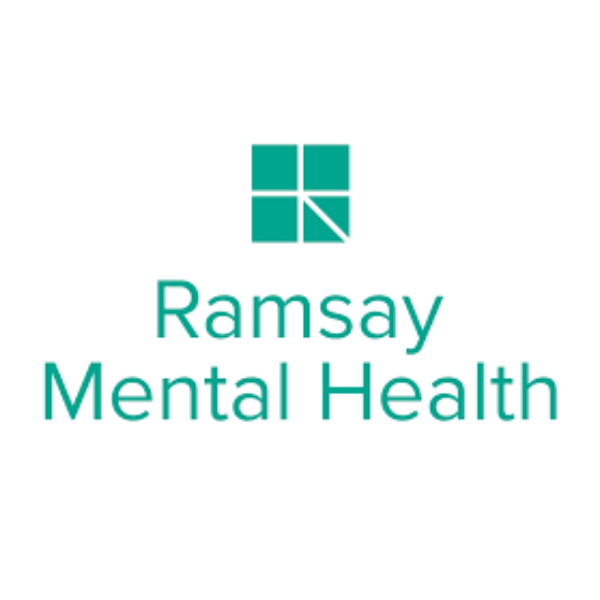

Raising teens can feel like a daily plot twist.
One minute, everything seems fine. The next? Slammed doors, silence or full-blown meltdowns because you asked them to unpack the dishwasher.
It's an emotional rollercoaster. For them and for you.
When kids hit their teenage years, everything starts to shift — fast. Their moods. Their friendships. Even their sense of self.
And for parents trying to keep up, it's often hard to tell what's considered normal, what needs attention and what on earth is going on inside your teenager's brain.





























































































